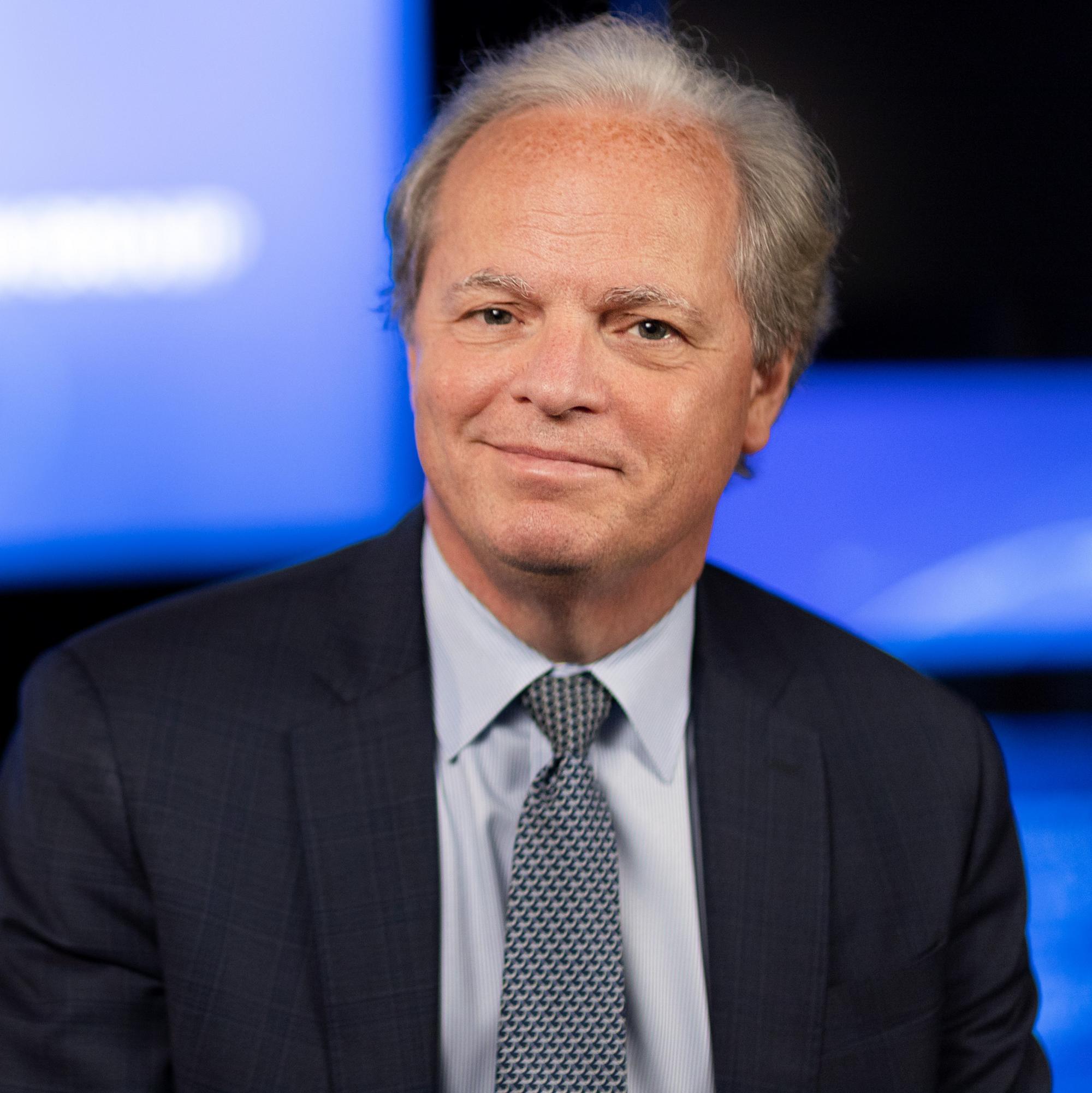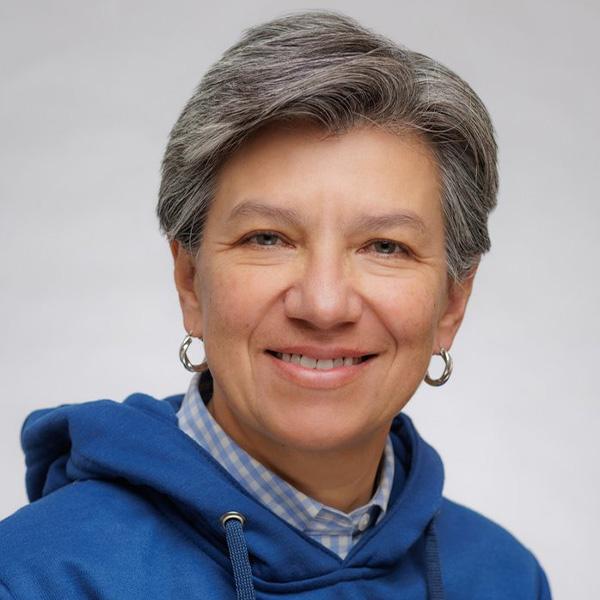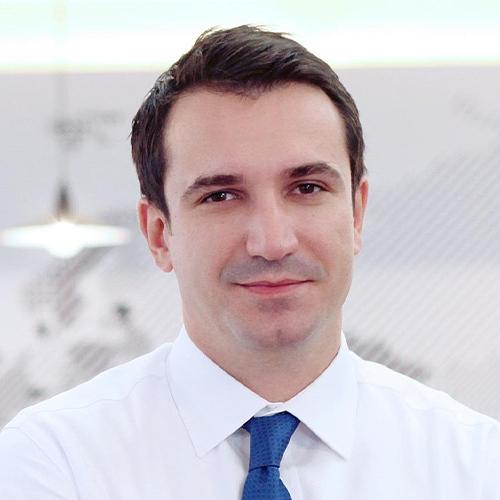Thriving: Making Cities Climate-Ready

Thriving: Making Cities Climate-Ready
- ABOUT THE EVENT
- AGENDA
GO TO: SPEAKERS
Cities, as engines of prosperity, are major contributors to climate change, generating about 70% of global greenhouse gas emissions. At the same time, as home to more than half of humanity, cities are on the front lines of climate change.
New analysis from the World Bank examines the two-way relationship between cities and climate change, concluding that cities also hold the key to solving the climate crisis. With data from more than 10,000 cities, the report offers insight into how to help cities become greener, more resilient, and more inclusive – in other words, on how to help their cities thrive – in a changing climate.
This session engaged prominent government officials including mayors and ministers as well as civil society to discuss the findings and recommendations from the report.
00:00 Welcome
- Bernice Van Bronkhorst, Global Director, Climate Change, World Bank
02:37 Opening remarks
- Axel van Trotsenburg, Senior Managing Director, Development Policy and Partnerships, World Bank
08:34 Report insights
- Mark Roberts, Lead Urban Economist, World Bank
- Megha Mukim, Senior economist, World Bank Group
20:24 Panel discussion
23:17 Bogota and climate challenges
30:26 Climate change and youth activism
34:57 Tirana, climate change and demographic changes
43:08 Bogota's partnerships to address climate challenges
- Claudia López Hernández, Superior Mayor of Bogotá, Colombia
- Erion Veliaj, Mayor of Tirana, Albania
- Heeta Lakhani, Youth Climate Activist and Educator
52:49 Closing remarks
- Juergen Voegele, Vice President, Sustainable Development, World Bank
LEARNING RESOURCES
Publication: Thriving : Making Cities Green, Resilient, and Inclusive in a Changing Climate
Download: Full Report - Overview
Main Messages: French - Spanish
Topic overview: Urban Development
Brief: City Climate Finance Gap Fund
Program: Cities and Climate Change Platform
Hello everyone, and welcome to Thriving: Making Cities Climate-Ready. We'll start the event in a few minutes. Please stay tuned and submit your comments and questions using the live chat.
You can join the conversation on social media using the hashtag #ThrivingCities. You can also follow us on Twitter @WBG_Cities
While we wait for the event to begin, learn more about our new report, Thriving: Making Cities Green, Resilient, and Inclusive in a Changing Climate, which was just published: hdl.handle.net/10986/38295 . The study provides insights on how cities, as engines of prosperity, are major contributors to climate change, generating about 70% of global greenhouse gas emissions. The new analysis from the World Bank examines the two-way relationship between cities and climate change, concluding that cities also hold the key to solving the climate crisis. With data from more than 10,000 cities, the report offers insight into how to help cities become greener, more resilient, and more inclusive – in other words, on how to help cities thrive – in a changing climate.
We are taking questions today, and our expert, Esha Zaveri, Senior Economist, is answering them!
Melina Fleury / Moderator
How to help cities becom greener more résilient and more inclusive in other lines words ?
Allavo Prosper
New analysis in this report, which is based on 10,000 cities across the globe, provides a compass for policymakers at both the national and local levels on policy options for making cities greener, more resilient, and more inclusive in a changing climate. We hope this session and the findings of the research presented in this report will help respond to these critical questions
Esha Zaveri / Expert
Welcome everyone! I’m Melina Fleury with the World Bank, and I will be live blogging this event.
Melina Fleury / Moderator
How can we increase/enhance biodiversity and ecosystems even in the face densification to control urban sprawl in our cities?
Geofrey Ochieng
Cities that develop vertically accommodate more people, are more prosperous, and consume less land. Combining policies that help facilitate more vertical development with complementary investments in green, resilient, and inclusive infrastructure, including nature-based solutions can forge a sustainable growth path for cities
Esha Zaveri / Expert
Greetings from Haiti!
Horlly Eliacin
Welcome, Horlly -- hope you enjoy the event!
Melina Fleury / Moderator
Listed on this page you can see the speakers participating in today’s discussion. The event will begin with introductory remarks from Axel van Trotsenburg, Senior Managing Director, Development Policy and Partnerships, World Bank. Axel is welcomed by Bernice Van Bronkhorst, our moderator today, and global director at the World Bank.
Melina Fleury / Moderator
What are good practices for transformative urban climate planning especially in the context of setting tangible urban climate targets, both soft and hard while leaning on the Nature Based Solutions
Drazen Kucan
Nature-based solutions reduce the impact of natural hazards, such as flooding, erosion, landslides, and drought, in cities. They often do this by complementing gray infrastructure such as storm drains, embankments, and retaining walls. Trees, wetlands, green spaces, and rivers can also alleviate the urban heat island effect/
Esha Zaveri / Expert
Now, Mark Roberts and Megha Mukim, lead authors of the report, present the main findings.
Melina Fleury / Moderator
Making cities climate-ready but are we people who were living in this planet ready to preserved even aware how important our role to save not just cities but globally - planet.
Bella Anis
There is a growing awareness of the importance of climate action. Reports like these can help outline what policy instruments are available; who wields these instruments; and how policy choices could be tailored, prioritized, and sequenced for effective implementation to make cities climate-ready
Esha Zaveri / Expert
I might have missed what is being meant by "Inclusion". Someone please help.
Stephen Chikuse
Inclusion means that all city residents have the ability and opportunity to fully participate in markets, services, and spaces, enabling them to lead dignified lives.
Melina Fleury / Moderator
To check out the full report, click here: www.worldbank.org/thriving
Melina Fleury / Moderator
As we start our panel discussion, the first round of questions will focus on the challenges of climate change.
Melina Fleury / Moderator
Mayor Claudia López, Bogota, Colombia, talks about implementations made by the city to tackle climate change and urbanization. She talks about how we need to first take care of people.
Melina Fleury / Moderator
Did the study measure lost productivity and/or decreased quality of life due to time spent in intense traffic congestion?
Philippe Chabot
The report discusses how poorly designed public transportation systems may contribute to more traffic congestion, leading to lower-quality air and higher greenhouse gas emissions. Congestion pricing could reduce vehicle miles traveled and motor vehicle emissions, with a significant positive impact on health
Esha Zaveri / Expert
Climate activist Heeta Lakhani brings the youth perspective to the conversation and a look ahead for future generations, which will be heavier impacted by climate change.
Melina Fleury / Moderator
Now, Mayor Erion Veliaj, Tirana, Albania, addresses the city’s challenges as one of the only cities experiencing growth in the region.
Melina Fleury / Moderator
Do you see Latin American cities as specially vulnerable?
Javiera Gracia Magallon
One of the results that the report discusses is how both high average annual temperatures and the number of extremely hot days can significantly reduce worker productivity ( as measured by wages) in thousands of cities across eight countries in Latin America and the Caribbean. A doubling of average annual temperature is associated with an estimated 14.1 percent drop in wages in these places.
Esha Zaveri / Expert
Greetings from Nairobi, Kenya
Kilion Nyambuga
Join the conversation on Twitter or LinkedIn with the hashtag #ThrivingCities. We want to hear your thoughts!
Read the full report here: www.worldbank.org/thriving
Melina Fleury / Moderator
For the second round of questions, we will focus on climate actions. What do our panelists have to say? And what is your opinion about it?
Melina Fleury / Moderator
In regards to Metro networks, such as the one highlighted by the Bogotá Mayor, public transportation took a severe hit from the pandemic in favor of private cars. How can you incentivate users to return to the public transport network?
Javiera Gracia Magallon
(i) by removing distortionary incentives that skew people towards cars and away from public transport, and which encourage GHG emissions; (ii) by promoting greater integration between different forms of public transport, cycle networks.; (iii) by making cities more walkable places through good urban design; and (iv) implementing policies that disincentivize private vehicle use - congestion charging, parking charges. During COVID, many cities were able to invest heavily in public transport networks, including bike lanes, because of lower usage, and because of behavior changes. Now that things are coming back to normal, additional efforts could be made to reiterate the focus on public transportation. Nonetheless, trust in public institutions will be important to ensure that citizens will continue to flock back to public transport.
Melina Fleury / Moderator
Juergen Voegele, Vice President for Sustainable Development, World Bank, provides closing remarks.
Melina Fleury / Moderator
Are there any regulatory frameworks to protect the long term land-use plans of the restored water-related ecosystems to face
future floods and droughts due to rapid unplanned urbanisation and environmental degradation?
Wesley Pereira
The World Bank’s water-secure cities initiative aims to help decision-makers understand and address these interlinked problems and opportunities in urban water systems. Multilevel governance structures play a critical role and require collaboration across administrative boundaries, such as with upstream catchment managers and downstream stakeholders affected by water use in the city and peri-urban areas. And policy, institutional, and regulatory reforms in service delivery are also needed in order to develop adequate incentives.
Esha Zaveri / Expert
That concludes the discussion. Thank you to all who tuned in! If you’ve missed anything, note that the recording of the event is already available on this page.
Are you a looking for more resources on how to help your city mitigate and adapt to climate change? Head over to our report publication page, for a variety of content on this topic and spread the word:
www.worldbank.org/thriving
Melina Fleury / Moderator
For more information about the World Bank’s work on urban development, visit www.worldbank.org/urbandevelopment.
For more information about the World Bank’s work on Cities and Climate Change, visit www.worldbank.org/...
Melina Fleury / Moderator








